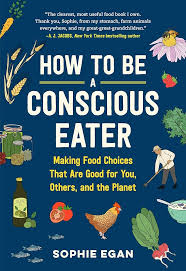Recent Work
From Sanguine to Hypersaline: Global Salt Lakes in Decline
American Society for Microbiology
Good Words
“Do not be seduced by lazy nihilism. It is precisely because no single solution will save us that everything we do matters.”
Hope Jahren, The Story of More
Recent Science Reads


Recent Blog Updates
Joy is a form of resistance
I heard this quote recently in a meeting with other scientists, and it encapsulated many of the slippery thoughts I’ve had in these new and uncertain times for researchers. It is a tenuous time to be a scientist in America. It hurts to see our international collaborators lay off hundreds of staff in important life-saving…
But have you seen Nature Microbiology’s climate feature??
Just in time for COP28 (the UN Climate Change Conference), Nature Microbiology is out with an issue dedicated to the role of microbes in climate change! The issue highlights the need for microbiologists to have a greater voice in the climate space, as we know and continue to learn just how crucial microbes are for…
The woeful wilds: climate in an age of anxiety
For many people I know, the climate crisis looms large and terrifying. You don’t have to be a scientist to have a front-row seat to the disconcerting news unfurling daily. Even as someone with limited scope on social media platforms (on purpose), I nevertheless feel an urgency in these moments, a call to stop, and…



